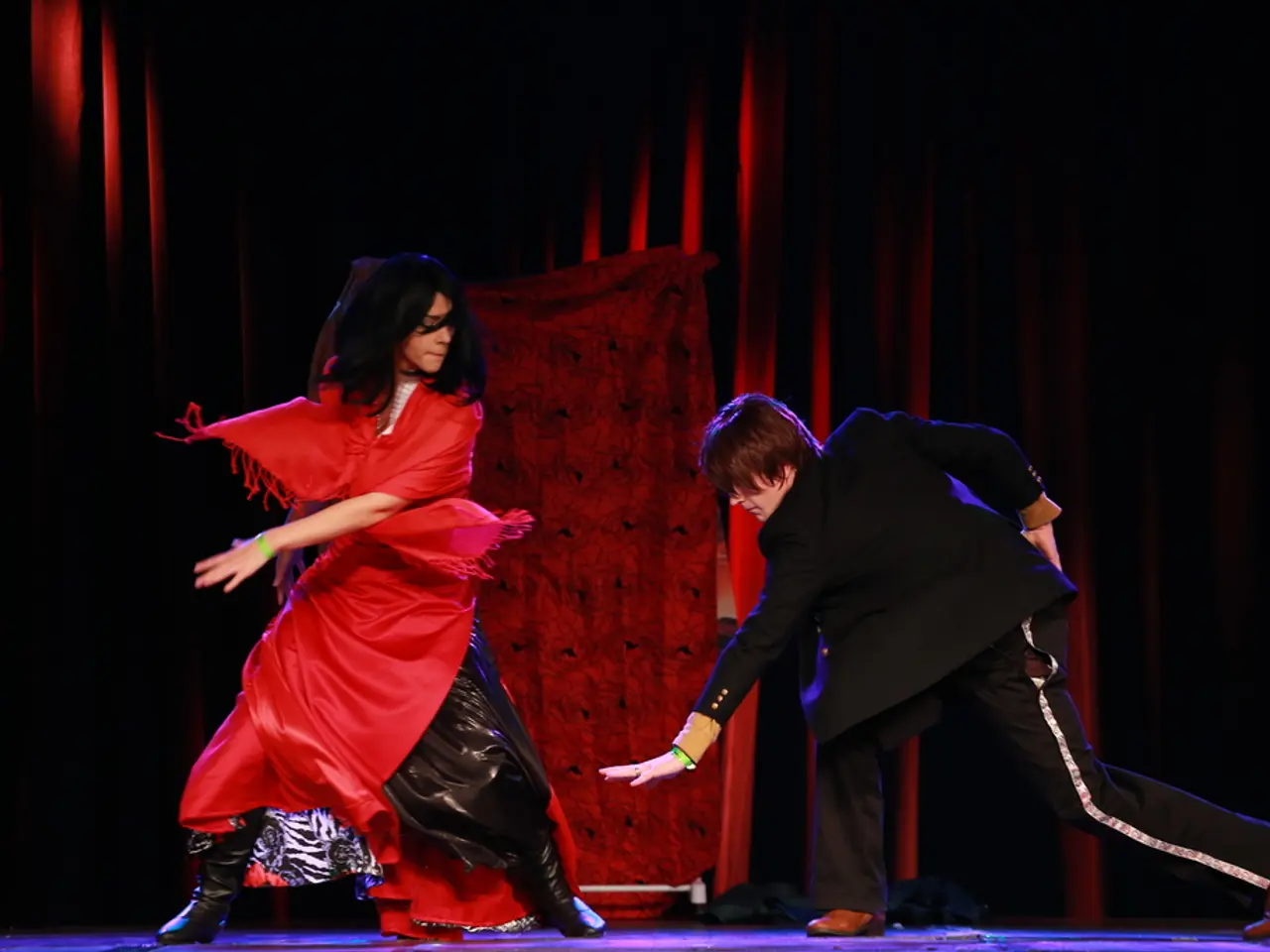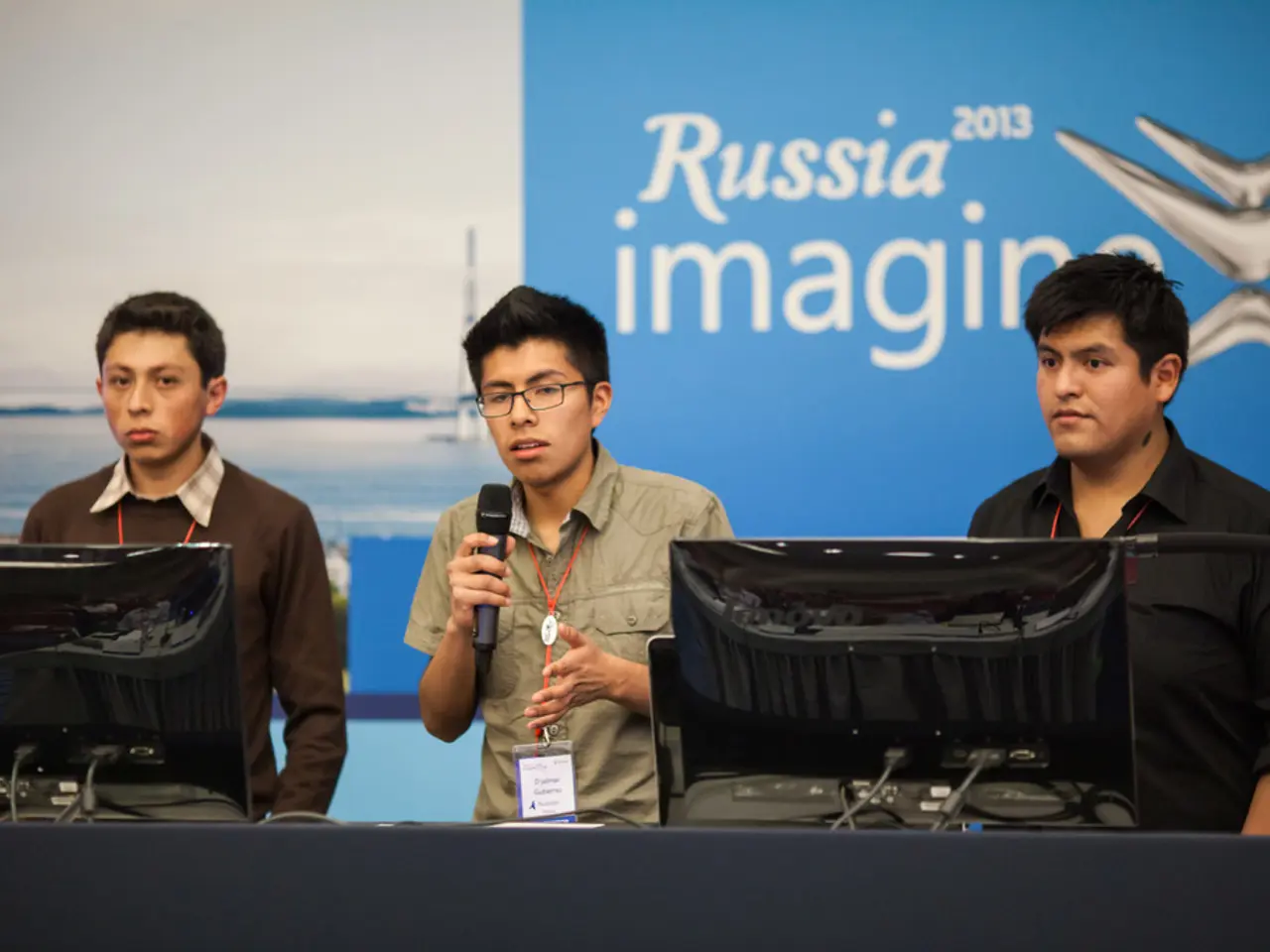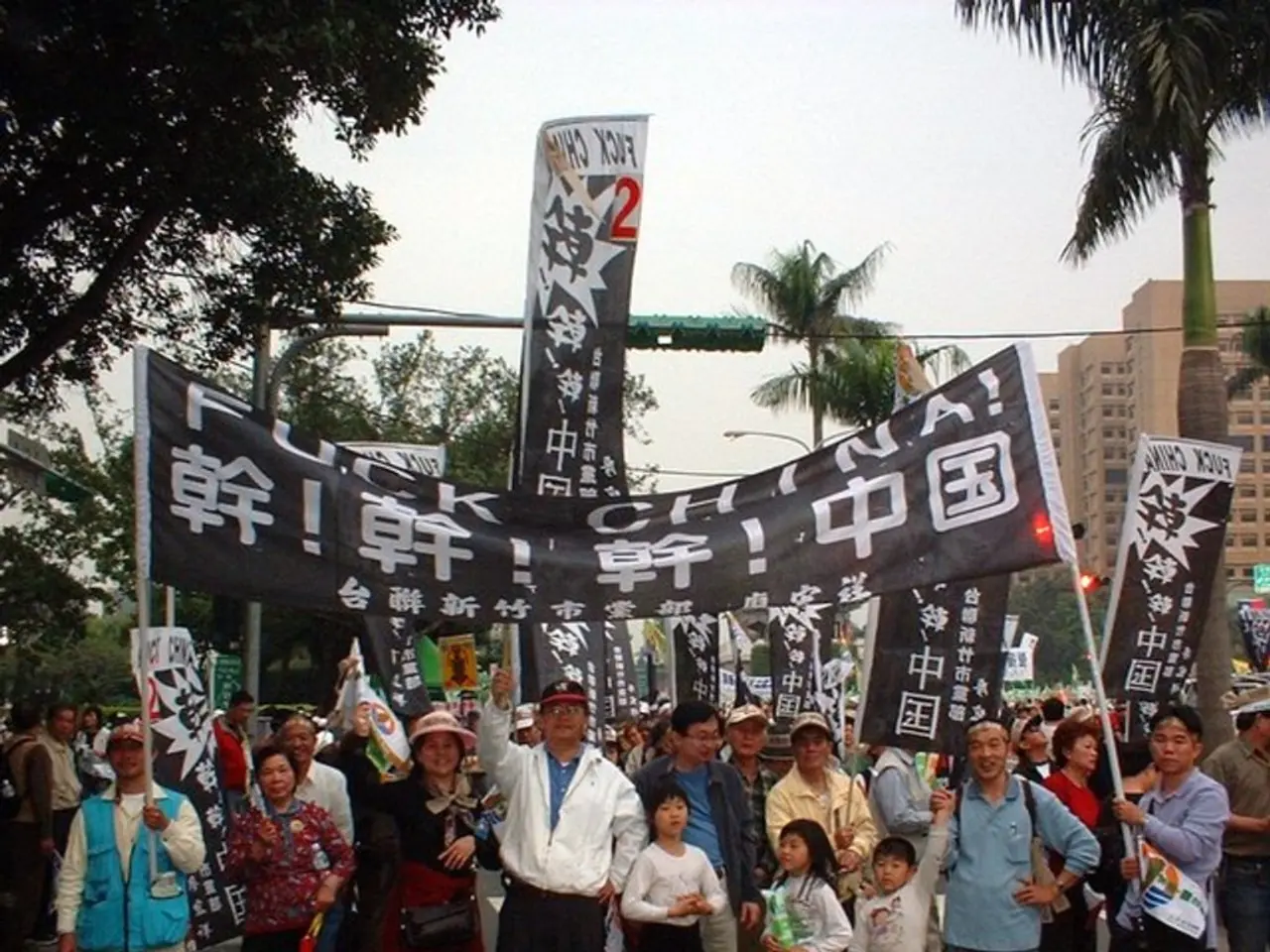Film director Christopher Nolan is under scrutiny after it was reported that he filmed his latest movie in the disputed territory of Western Sahara.
=========================================================================================
Christopher Nolan, the acclaimed Oscar-winning director, is facing criticism for filming his upcoming feature film The Odyssey in Western Sahara, a territory disputed and occupied by Morocco since 1975. The International Sahara Film Festival (FiSahara) has expressed concern over the filming choice, citing solidarity with the Sahrawi people and urging Nolan to stop filming in Western Sahara[1][2].
The filming of The Odyssey, a $250 million adaptation of Homer's epic, is taking place in Dakhla, a city in Western Sahara. However, the controversy surrounds the ethical implications of filming in a disputed territory under military occupation without Indigenous consent, which many argue contributes to legitimizing the occupation and marginalizing the Sahrawi people's struggle for self-determination[1][2][3].
Western Sahara is classified by the United Nations as a non-self-governing territory, with ongoing conflict between Moroccan authorities and the Algeria-backed Polisario Front, the latter recognized as representing the Sahrawi people's claim to self-determination. Filming in this region, particularly near Dakhla, is seen by critics as an act that normalizes Morocco's "illegal military occupation," whitewashes the repression of Indigenous Sahrawis, and exploits art to obscure the ongoing colonial situation[1][2][3].
Maria Carrion, FiSahara’s executive director, emphasized that Nolan did not receive consent from the Sahrawi people but rather from the occupying Moroccan authorities, thus undermining the legitimacy of the production’s presence there. She and others have called on Nolan to remove all Western Sahara scenes from the film and to stand in solidarity with the Sahrawi people. Moroccan cultural officials, meanwhile, view the filming as beneficial for promoting the region’s profile as a filming destination[1][2].
The city of Dakhla, in Western Sahara, is being used as a filming location for The Odyssey. The film, set for release in July 2026, stars lead actors including Matt Damon and Zendaya. As of the latest reports, Nolan has not publicly responded to these criticisms[2][3].
The conflict between Morocco and the independence-seeking Polisario Front dates back 50 years. Rabat has proposed a plan for autonomy under its sovereignty for Western Sahara, which it considers an integral part of the kingdom. The Polisario Front, however, continues to demand a referendum on self-determination for Western Sahara[4].
References:
[1] Al Jazeera. (2023, February 1). Christopher Nolan criticised for filming in Western Sahara. Retrieved from https://www.aljazeera.com/news/2023/2/1/christopher-nolan-criticised-for-filming-in-western-sahara
[2] The Guardian. (2023, February 2). Christopher Nolan's The Odyssey faces controversy over filming in Western Sahara. Retrieved from https://www.theguardian.com/film/2023/feb/02/christopher-nolans-the-odyssey-faces-controversy-over-filming-in-western-sahara
[3] Variety. (2023, February 3). Christopher Nolan's 'The Odyssey' Faces Backlash Over Western Sahara Filming. Retrieved from https://variety.com/2023/film/news/christopher-nolan-the-odyssey-western-sahara-backlash-1235339033/
[4] BBC News. (2023, February 4). Western Sahara: A brief history. Retrieved from https://www.bbc.co.uk/news/world-africa-17630695
- The controversy surrounding Christopher Nolan's filming of The Odyssey in Western Sahara extends beyond entertainment, as it is viewed by critics as an act that legitimizes military occupation, obscures ongoing colonial issues, and disregards the Sahrawi people's struggle for self-determination in the realm of politics and general news.
- The International Sahara Film Festival (FiSahara) and other advocates are urging Christopher Nolan to reconsider filming in Western Sahara, advocating for solidarity with the Sahrawi people and against the ethics of filming in a disputed territory without Indigenous consent, which is a concern in the fields of culture, movies and TV, and war and conflicts.
- The ongoing conflict between Morocco and the Polisario Front over Western Sahara's self-determination is a significant political issue that affects not just the region but also entertainment industries, as demonstrated by the backlash against Christopher Nolan for filming The Odyssey in Western Sahara, highlighting the complex interplay of politics, culture, and entertainment.






